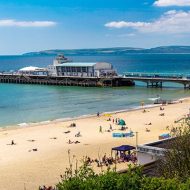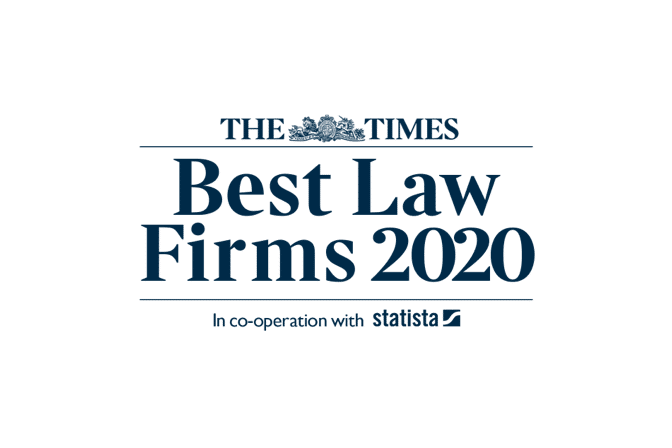Part of the process of divorce involves resolving your financial claims against your former partner and achieving a financial settlement. As part of that process, you need to exchange financial disclosure. It is becoming increasingly more common for divorcing couples to own cryptocurrency and digital assets. This type of asset needs to form part of your financial disclosure and may be considered part of the ‘matrimonial pot’.
Dividing Cryptocurrency & Digital Assets
Divorce cases increasingly involve digital assets, encompassing cryptocurrency, social media, and online accounts. Valuing and dividing these assets fairly in divorce is complex, requiring legal expertise and technical understanding.
Non-disclosure of Digital Assets and Cryptocurrency
Cryptocurrency and digital assets can sometimes be overlooked during the division of assets in divorce proceedings, especially if one spouse has more knowledge about these assets than the other. It’s crucial to identify and disclose all assets, including digital assets and cryptocurrencies, to ensure a fair and reasonable outcome.
If you do not provide full and frank disclosure or intentionally withhold information then you could face severe consequences. Non-disclosure could lead to the court making adverse inferences about you and viewing you as dishonest, which will undermine your case.
Specialist Cryptocurrency Divorce Solicitors
Our specialised cryptocurrency divorce solicitors offer expert guidance in complex divorce cases involving digital assets. With comprehensive knowledge of cryptocurrency, blockchain and the law which governs financial remedy, we are able to navigate divorce cases to ensure a fair and reasonable outcome for our clients. Collaborating with financial experts, we ensure accurate asset assessment and fair division, whether through negotiation or litigation.
Get in touch with a specialist member of the team to find out how we can help you navigate the complex world of dividing digital assets and cryptocurrency in divorce.
Common Cryptocurrency FAQs
What are considered digital assets?
Digital assets refer to a broad range of intangible items with value, stored electronically. These encompass cryptocurrencies like Bitcoin and Ethereum, digital tokens, non-fungible tokens (NFTs), digital art, online accounts, domain names, virtual goods in games, and other forms of digital ownership or representation with a value that can be bought, sold, or traded.
Should I disclose my digital assets/ cryptocurrency in my Form E?
Disclosing your cryptocurrency holdings in divorce is essential for transparency and fairness. You have a legal duty to provide full and frank disclosure in divorce and financial proceedings. Failure to reveal digital assets can lead to legal consequences such as contempt of court (i.e. fines or imprisonment) and undermine trust between you and your ex-partner and/or lawyer. Full disclosure ensures an accurate valuation and reflection of the matrimonial pot which would lead to an equitable and fair settlement, preventing disputes later down the line and inflated costs. Cryptocurrencies’ complex nature often demands expert assessment, and withholding information could negatively impact your case. Courts will view intentional non-disclosure as dishonest. It is important that you protect your interests by honestly revealing all assets, resulting in a smoother process, and upholding the legal principles of fairness in divorce.
Is cryptocurrency a marital asset?
Cryptocurrency can be considered marital property in divorce proceedings. Whether it’s treated as a marital property depends on a number of factors. Valuing and dividing cryptocurrency fairly in divorce cases is complex due to its volatile nature. Expert assistance might be necessary to ensure accurate valuation and equitable distribution, taking into account both parties’ interests and the legal framework.
Our Experts
Here to help
Our specialist teams can provide full service legal advice and assistance, providing practical and cost-effective solutions.

















